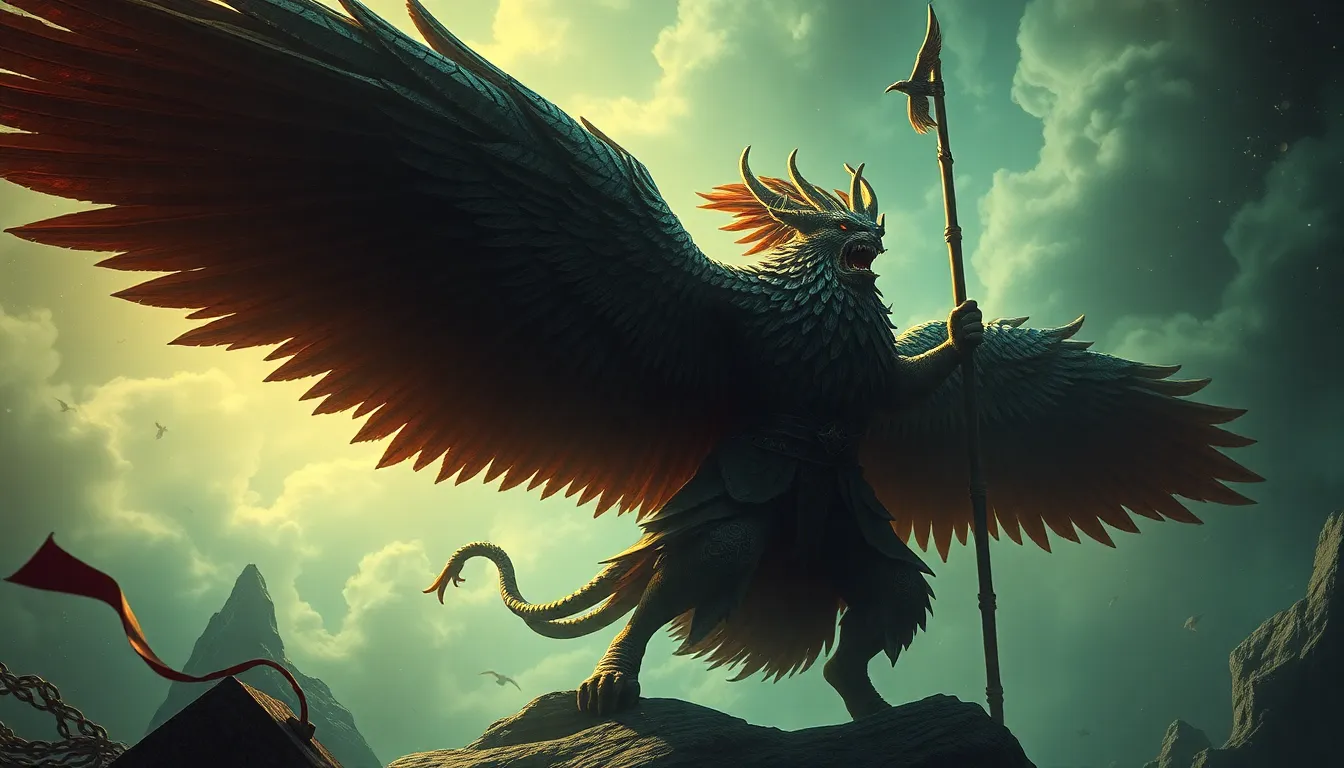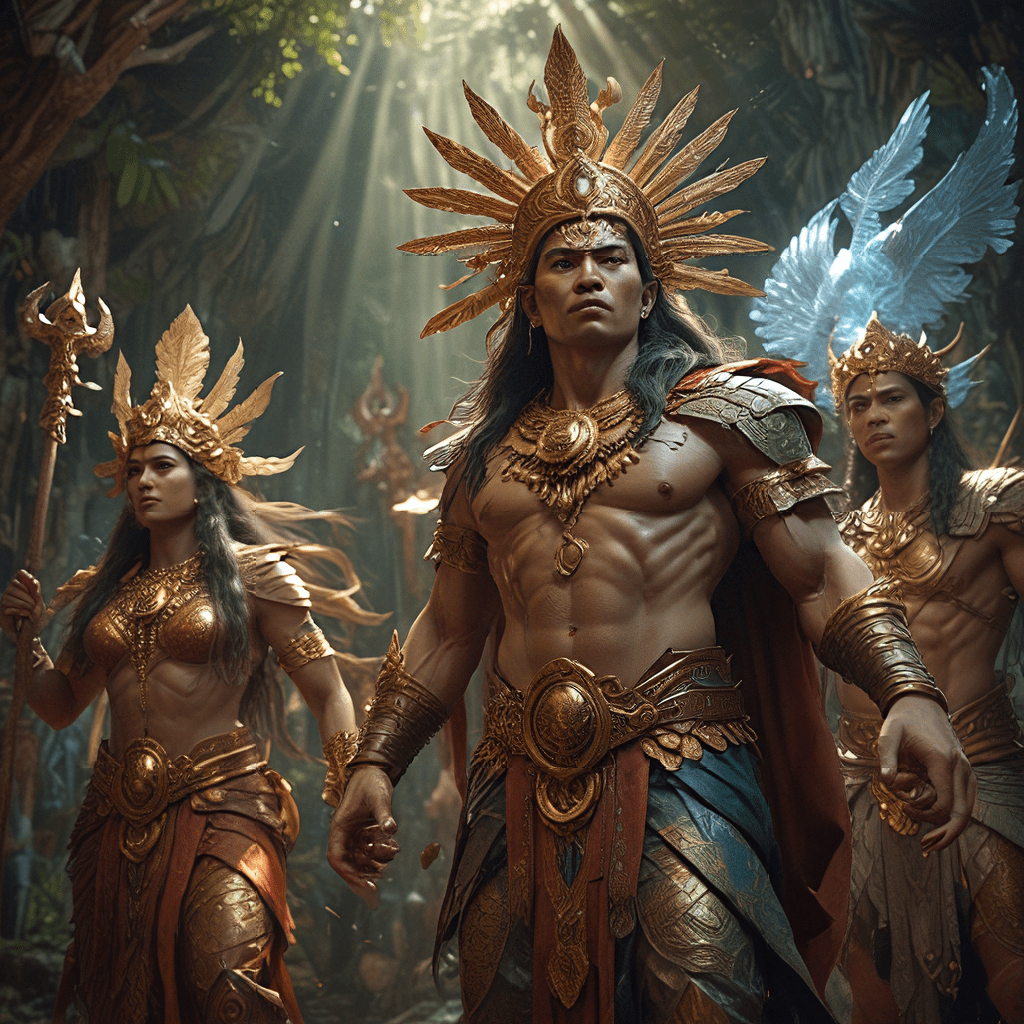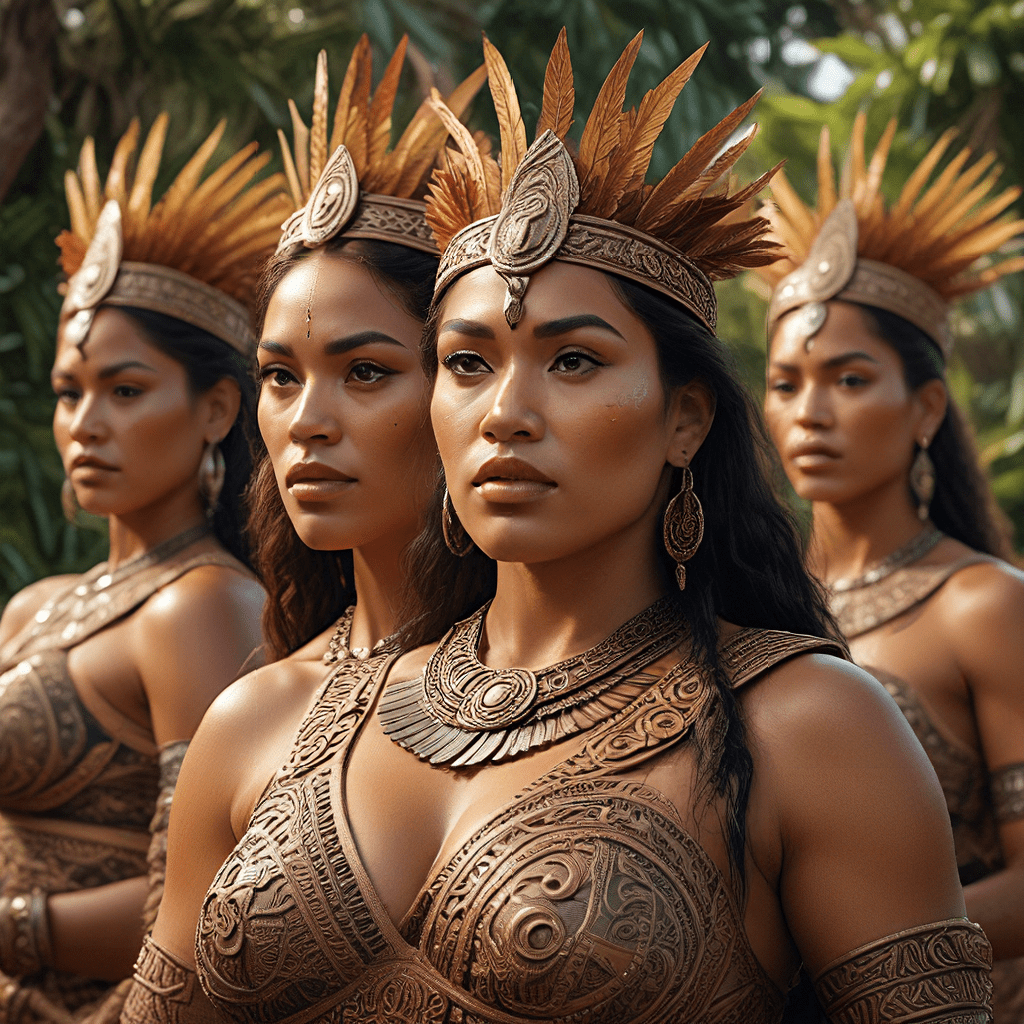The Impact of Cultural Hero Myths on Global Culture
1. Introduction to Cultural Hero Myths
Cultural hero myths are narratives that celebrate individuals who embody the values, ideals, and aspirations of a particular society. These myths often depict heroes overcoming great challenges, exhibiting extraordinary strength, wisdom, or moral integrity. They serve as powerful symbols that unite communities and reflect the collective identity of cultures.
The significance of these myths transcends mere storytelling; they are essential in shaping societal norms, inspiring future generations, and providing frameworks for understanding complex human experiences. This article will explore the various dimensions of cultural hero myths, examining their historical context, cultural functions, and their evolving role in a globalized world.
2. Historical Context of Hero Myths
Hero myths have evolved significantly over time, reflecting the changing values and beliefs of societies. In ancient cultures, heroes like Hercules in Greek mythology or Gilgamesh in Mesopotamian lore were celebrated for their physical prowess and divine favor. These narratives often served to explain natural phenomena or establish moral codes.
- Ancient Hero Myths: Heroes were often semi-divine figures whose stories conveyed lessons about bravery, sacrifice, and honor.
- Modern Hero Myths: Today, heroes can be ordinary individuals who perform extraordinary acts, reflecting contemporary societal values such as social justice and equality.
Case studies of prominent hero myths include:
- Hercules: A hero known for his strength and adventurous spirit, representing the Greek ideal of physical excellence.
- King Arthur: A symbol of chivalry and noble leadership in medieval Britain, embodying the values of justice and loyalty.
3. Cultural Functions of Hero Myths
Hero myths play a crucial role in shaping cultural identity. They serve as touchstones for shared values, offering a sense of belonging and continuity within communities. Myths also function as moral compasses, providing guidance on ethical behavior and societal expectations.
The psychological impact of hero myths is profound. They can inspire individuals to aspire to greater heights and foster a sense of hope and resilience within communities facing adversity. The narratives often emphasize:
- Bravery in the face of challenges
- The importance of community and collective action
- The value of personal sacrifice for the greater good
4. Globalization and the Dissemination of Hero Myths
Globalization has transformed the way hero myths are disseminated and interpreted. With the rise of digital media and technology, hero narratives can now transcend geographical boundaries, reaching diverse audiences worldwide.
Media plays a crucial role in shaping modern hero narratives, often blending local and global influences. Case studies include:
- Global Heroes: Figures like Nelson Mandela or Malala Yousafzai have become icons of global heroism, representing ideals of freedom and education.
- Local Heroes: Community leaders and activists may not receive global recognition but are celebrated in their cultural contexts for their contributions.
5. The Role of Hero Myths in Nationalism and Patriotism
Hero myths are often instrumental in promoting national identity and pride. They can serve as rallying points during times of conflict or political strife, reinforcing a sense of unity among citizens.
Examples of hero myths used in political contexts include:
- The use of George Washington as a symbol of American independence and virtue.
- The portrayal of Che Guevara as a revolutionary hero in Latin America.
While these myths can enhance social cohesion, they can also lead to division, particularly when competing narratives emerge within multicultural societies.
6. Cultural Appropriation and Misrepresentation of Hero Myths
Cultural appropriation poses significant challenges in the context of hero myths. When elements of a culture are borrowed without understanding or respect, it can lead to the misrepresentation of cultural heroes and their stories.
The consequences of such misrepresentation may include:
- Loss of cultural significance and context
- Perpetuation of stereotypes and inaccuracies
- Marginalization of the original cultural narratives
Thus, cultural sensitivity is paramount in preserving the integrity of hero myths across different societies.
7. The Influence of Hero Myths on Art and Literature
Hero myths have profoundly influenced artistic expression, inspiring countless works of art and literature. These narratives are often reinterpreted and reimagined, reflecting the values and challenges of their times.
Literature that centers around cultural heroes frequently explores themes of:
- Heroism and sacrifice
- The struggle against injustice
- Personal growth and transformation
Storytelling has been a vital tool in preserving these myths, ensuring that they continue to resonate with future generations.
8. Modern Interpretations of Hero Myths
The emergence of new hero figures in contemporary culture, particularly in the realm of superheroes, reflects current societal values and issues. These modern heroes often address themes such as:
- Diversity and inclusivity
- Environmental justice
- Social equity
As society evolves, so too do the narratives surrounding heroes, adapting to reflect the complexities of modern life.
9. Critiques of Hero Myths
While hero myths can inspire and unite, they also have limitations. The idealization of heroes can lead to unrealistic expectations, both for individuals and society. It is essential to engage critically with hero narratives to recognize their potential harms.
Some critiques include:
- The glorification of violence as a means to achieve goals
- The oversimplification of complex social issues
- The risk of neglecting the contributions of unsung heroes in favor of iconic figures
10. Conclusion: The Future of Cultural Hero Myths
As we move further into a globalized world, the relevance of cultural hero myths endures. They continue to serve as essential frameworks for understanding human experiences and societal challenges. The evolution of these myths will likely reflect the ongoing changes in global culture, with predictions that they will become more inclusive and representative of diverse voices.
In conclusion, cultural hero myths remain a vital part of our storytelling tradition, shaping identities, values, and aspirations across the globe. Their ability to adapt and resonate will ensure their place in cultural narratives for generations to come.




